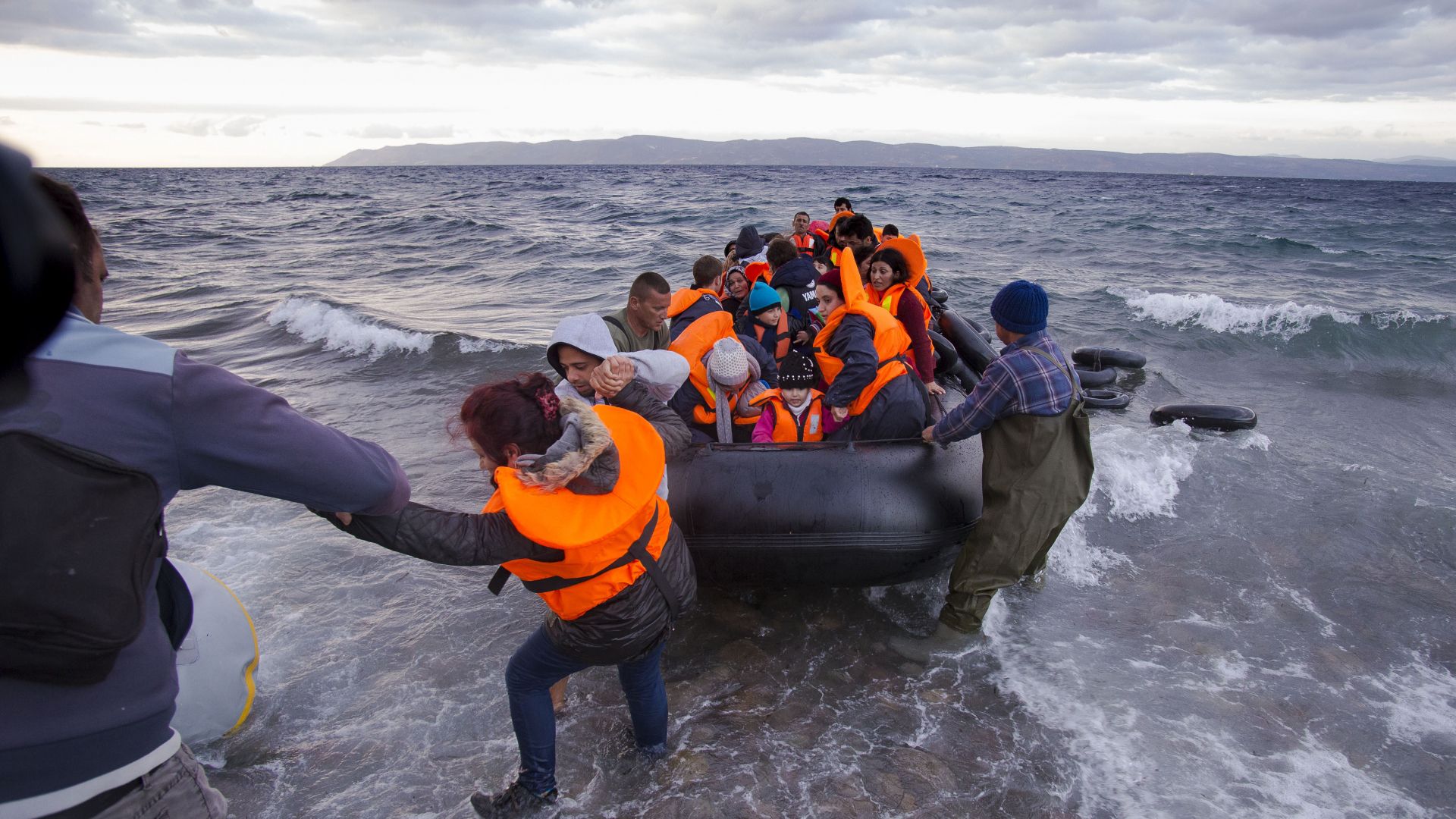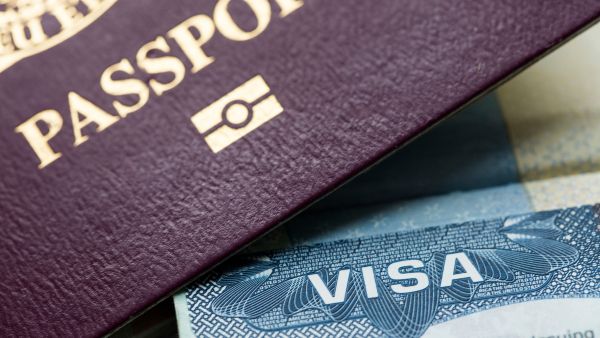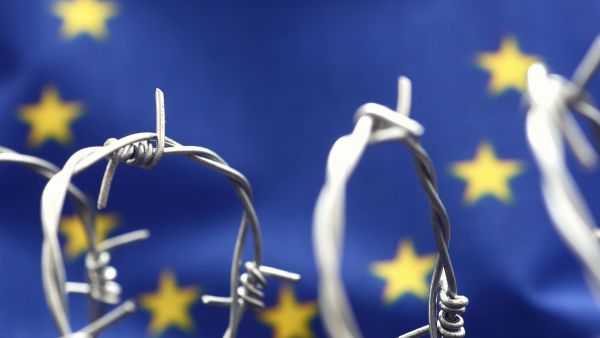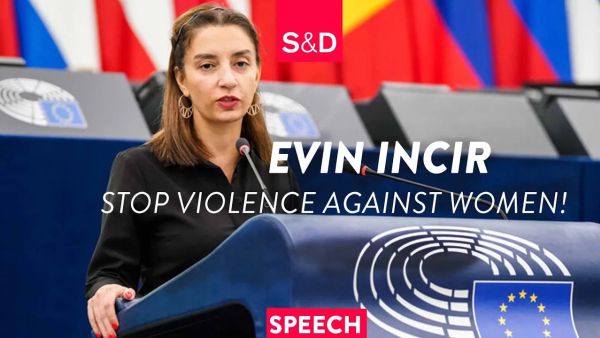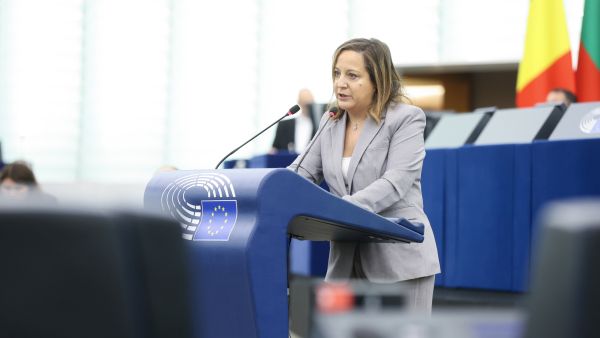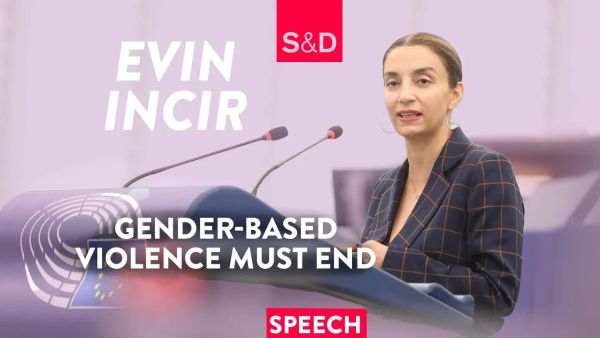The S&D Group is calling for the EU to open urgent humanitarian corridors for refugees trapped in Greece, with priority to unaccompanied minors, families with children and the most vulnerable refugees and asylum-seekers. They should not be left alone. EU governments need to act quickly to overcome the disappointing lack of political will to come together to act in solidarity over the last 5 years.
S&D MEPs call on EU Home Affairs Ministers, who are meeting today, to come up with an EU-wide strategy to effectively manage external borders, while at the same time dealing with the most vulnerable migrants as a starting point and unblocking sustainable reforms to the common European asylum system in the long-term.
Juan Fernandez López Aguilar, chair of the committee on Civil Liberties, Justice and Home Affairs:
“The situation today at the EU’s borders with Turkey was avoidable. However, Member States in the Council failed to respond to Parliament’s repeated calls in the last few years for a reform to the Common European Asylum System. Today, EU Ministers have another opportunity to react: a mechanism should be established to step up and urgently process asylum applications and relocate asylum seekers from the Greek islands through family reunification and humanitarian corridors.”
Birgit Sippel, spokesperson on Civil Liberties, Justice and Home Affairs:
“This week’s events at the EU’s border with Turkey are the result of a political crisis and the failure of EU Member States to find sustainable solutions or the will to build an effective common European asylum system. Without a short-term strategy to look after children, families and the most vulnerable people, we will once again fail to show that we can act responsibly and humanely. With an urgent strategy as a starting point, the Council must also work on long-term, sustainable reforms to common migration policy to ensure that what we are witnessing today at Europe’s borders is not a recurring challenge in the future.”

